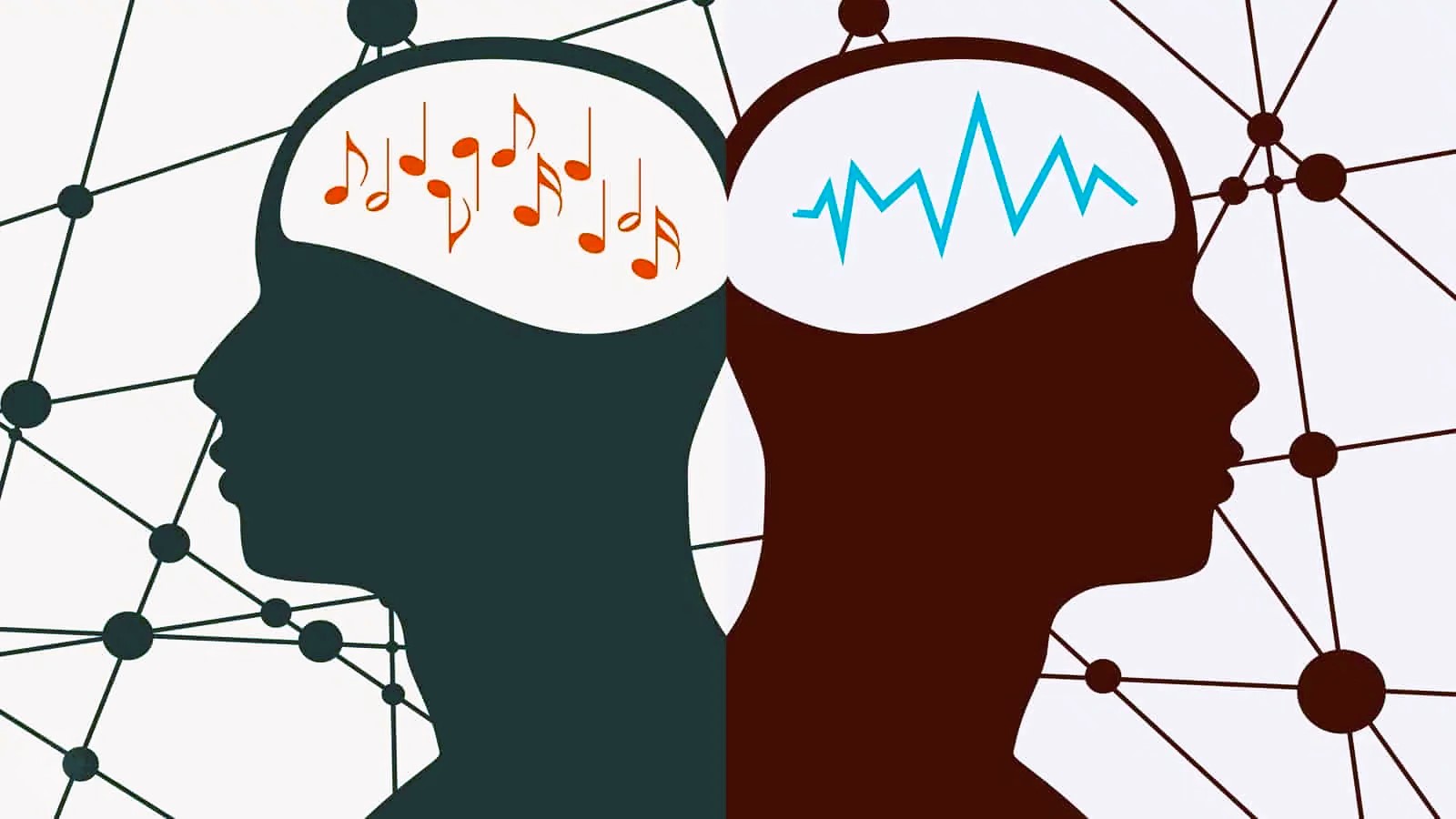
Music has the remarkable ability to evoke a wide range of emotions, from joy and excitement to sadness and nostalgia. Whether it’s a lively pop song, a haunting melody, or a soothing instrumental piece, the sounds we hear can have a profound impact on our mood and emotional state. In this article, we’ll explore the psychology behind musical emotions and how music influences our feelings and behaviors.
1. Emotional Resonance:
One of the key ways that music influences mood is through emotional resonance. Certain musical elements, such as melody, harmony, rhythm, and lyrics, can trigger emotional responses in listeners. For example, a fast tempo and upbeat melody may evoke feelings of happiness and excitement, while a slow tempo and melancholy melody may elicit sadness or introspection. The emotional content of the lyrics can also play a significant role in shaping listeners’ emotional reactions to a song.
2. Neurological Response:

Studies have shown that listening to music activates various areas of the brain associated with emotion processing, including the amygdala, hippocampus, and prefrontal cortex. These brain regions are involved in regulating mood, memory, and reward processing, suggesting that music has a direct impact on our emotional and cognitive functioning. Neuroimaging studies have revealed that different types of music can elicit distinct patterns of brain activity, reflecting the range of emotional responses evoked by music.
3. Associative Memories:
Music has the power to evoke memories and associations that are tied to specific experiences or events in our lives. When we hear a song that reminds us of a happy occasion, a sad moment, or a significant life event, it can trigger a cascade of emotions and memories associated with that particular time and place. This phenomenon, known as musical reminiscence, highlights the strong connection between music and autobiographical memory. The role of radio advertising in community development, read more at this link.
4. Cultural Influences:
The emotional impact of music is also influenced by cultural factors, including musical preferences, traditions, and social norms. Different cultures may have distinct musical styles and conventions that shape the way people perceive and respond to music. For example, a piece of music that is considered uplifting and celebratory in one culture may be perceived as mournful or somber in another culture. Cultural background and upbringing play a significant role in shaping individuals’ emotional responses to music.
5. Therapeutic Applications:

Given its profound effects on mood and emotion, music is increasingly being used as a therapeutic tool in various settings, including healthcare, mental health treatment, and psychotherapy. Music therapy interventions, such as guided listening, improvisation, and songwriting, have been shown to have positive effects on mood, stress reduction, and emotional expression. Music therapy is used to treat a wide range of conditions, including depression, anxiety, PTSD, and chronic pain.
Conclusion:
In conclusion, music has a powerful influence on mood and emotional well-being, shaping our feelings, thoughts, and behaviors in profound ways. Through its ability to evoke emotional resonance, activate neural pathways, evoke memories, and reflect cultural influences, music has the power to uplift, soothe, inspire, and heal. Whether we’re listening to our favorite song, attending a concert, or creating music ourselves, the psychological impact of music is undeniable.
For further reading on the psychology of music and related topics, please visit the following resources:
Let the melodies and harmonies of music continue to enrich our lives and deepen our understanding of the human experience.



